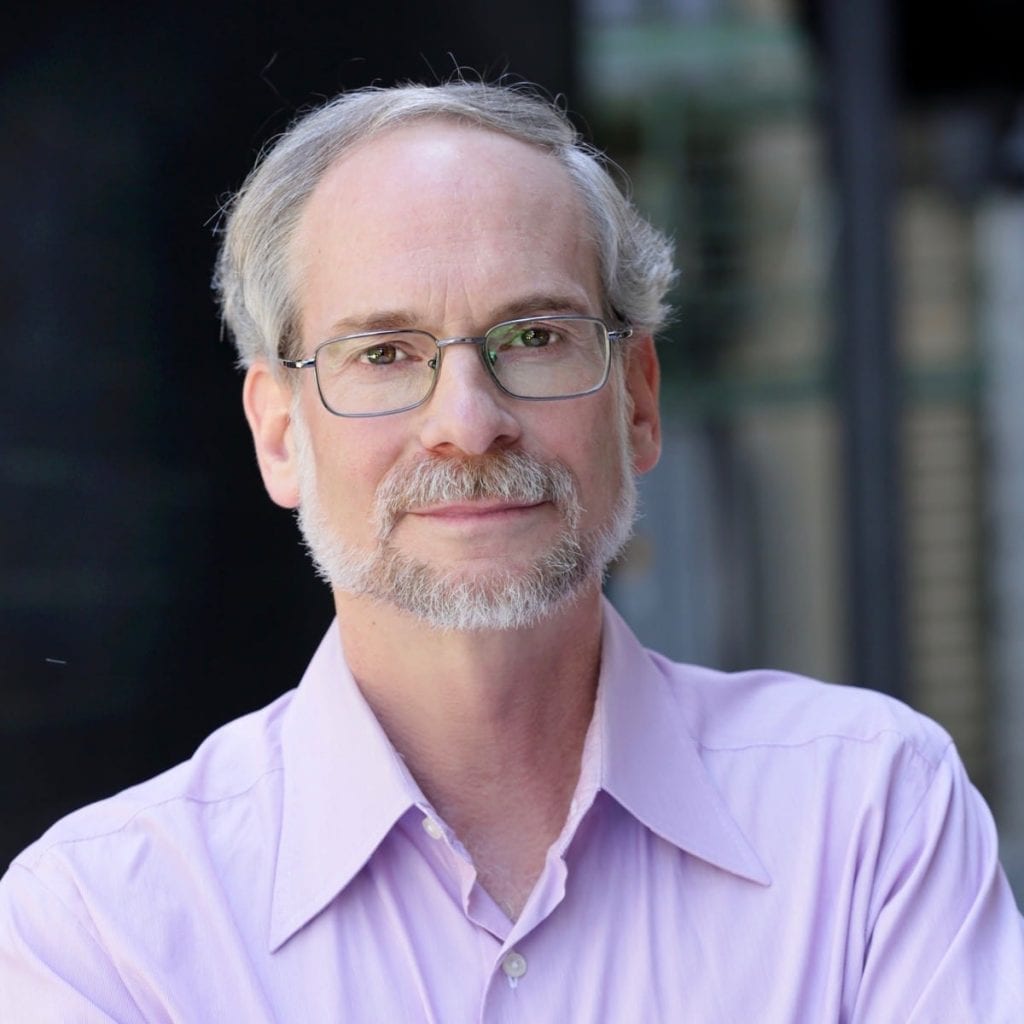
“He has a right to criticize, who has a heart to help.”
— Abraham Lincoln
Founder & Lead Strategist
Discover James Heaton’s remarkable journey from creative artist to strategic marketing leader at Tronvig. Learn how he champions brand improvement today.

“He has a right to criticize, who has a heart to help.”
— Abraham Lincoln
Born the last son of a radical preacher man in the small town of Ottawa, Illinois situated on a bluff overlooking the Illinois River, James Heaton grew up on the Space Coast of Florida. He left the U.S. at 19 for an 8-year journey in Asia, where, among other things, he traversed Tibet culminating in a near-death experience in the north (the story here), became a Theravadan Buddhist monk in Thailand, studied classical calligraphy under Yamauchi Kan in Kyoto, gained fluency in Japanese, studying fine art and East Asian History at Eckerd College, and late Hean Buddhist sculpture at Kyoto University Graduate School of Letters.
His first paying job was as a writer for Rasen-sha, the boutique Kyoto-based advertising agency run by the avant-garde thinker Takeda Yoshifumi. He contributed essays in Japanese and photographs to projects published in Esquire Japan, Seven Seas Magazine, 03 Tokyo Calling, and the Kyoto Journal, where he was a contributing editor for many years.
Visiting friends in New York in 1991, he entered the studio of the artists, architects, and philosophers Arakawa and Madeline Gins, where he worked on Helen Keller or Arakawa (Burning Books, 1994), Ubiquitous Site – Nagi’s Ryoanji at the Nagi Museum of Contemporary Art, Site of Reversible Destiny – Yoro Park, Gifu, Japan, and the Guggenheim Museum retrospective exhibition.
In 1996, he founded and published the art magazine The Exhibitionist, which was distributed nationally, but it had to be shut down after a year because too much effort had gone into the product and not enough into marketing. This failure of marketing vision resulted in James shifting his career into marketing, where he has remained ever since. From 1997 to 2006, the agency acted as a brand design team to New York advertising agencies such as Digitas, Euro, Ogilvey, Saatchi & Saatchi, and many others. At the end of 2006, he took on a partner and brought the company direct to client as a boutique branding and advertising agency.
Initially successful, this partnership blew up in the financial crisis of 2008. This forced James to reassess what is important. Tronvig emerged from this experience as a mission-driven business. We are only on earth for a short while so what we do needs to matter.
The last sixteen years have focused on learning what it means to be useful and developing a creative talent network to serve the diverse needs of Tronvig’s clients. Tronvig’s usefulness hinges significantly on the effectiveness of the strategic tools it has developed to keep brand work focused, and and reduce wasteful expenditure in advertising.
Tronvig strongly asserts that organizational brands must be aligned with business strategy and that any brand promise must be supported by the most deeply held convictions of the organization: its Core Values. A brand must effectively resonate with the customer it seeks to serve but also equally with all the stakeholders inside the organization because it is their responsibility to deliver on promises made. The brand, therefore, must operate 360.
Working with museums, healthcare orgs, nonprofits, and businesses ranging from 10 to 10,000 employees, we have had ample opportunity to test our process in an array of real-life situations.
Calm and focused, James leads Tronvig with a combination of roving curiosity, bracing honesty, sharp-minded analysis, and an infectious desire to continually learn and improve. As founder, lead strategist, and sometimes creative director, it is James’ job to make sure everyone on the team lives our Core Values of Empathy, Learning, and Rigor and strives to be true to our mission of “finding creative ways to help our clients make the world better.”